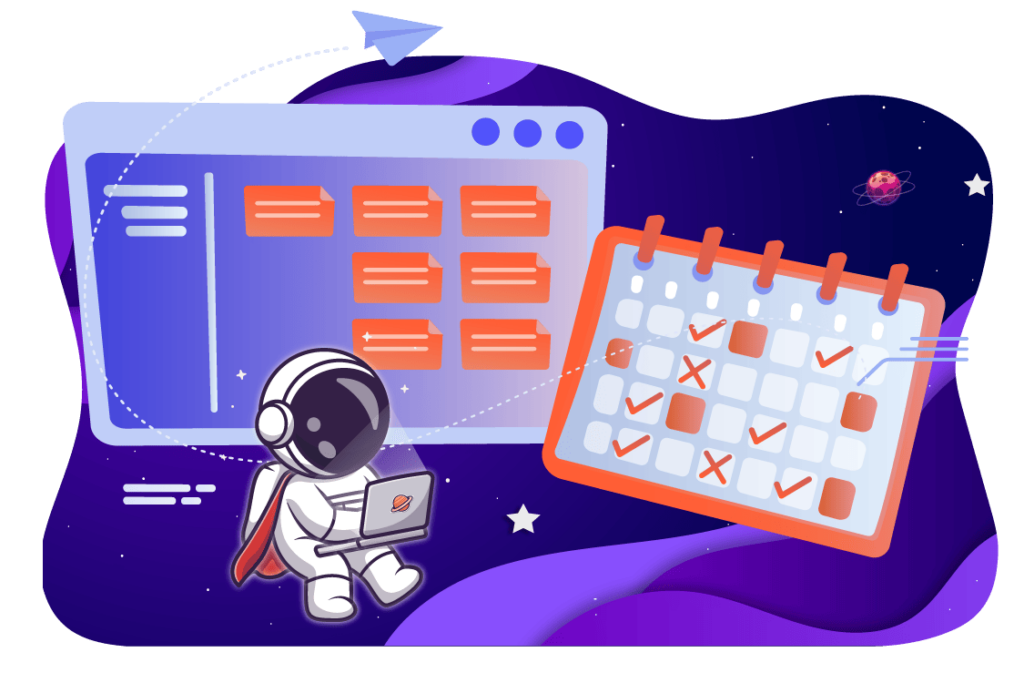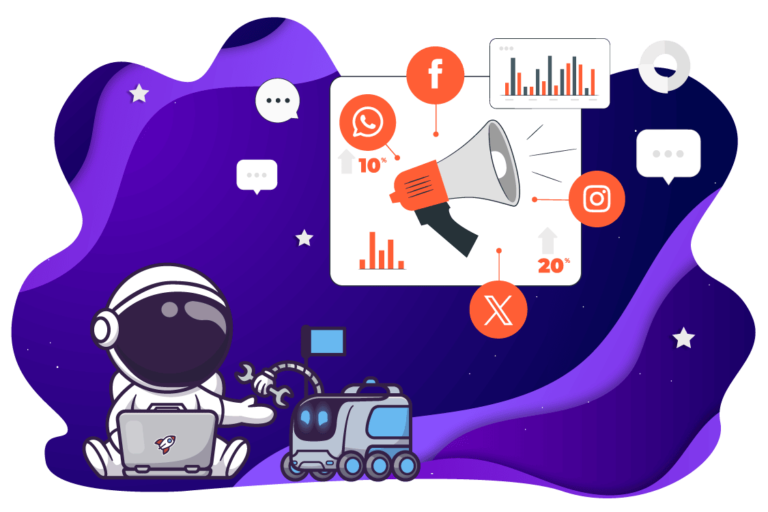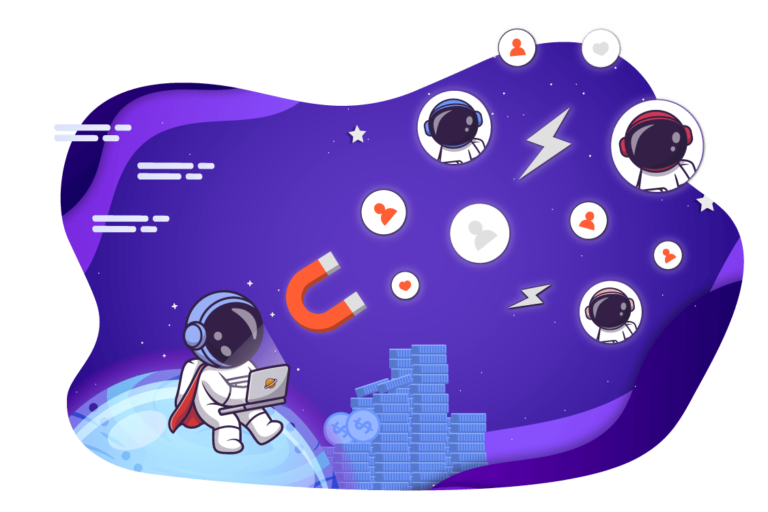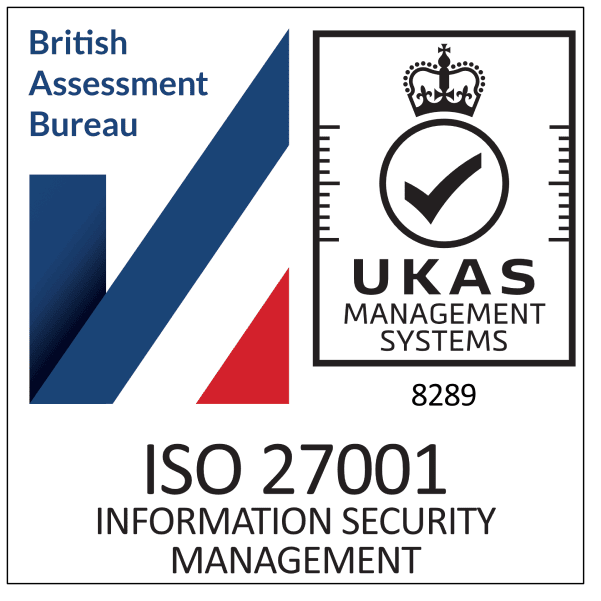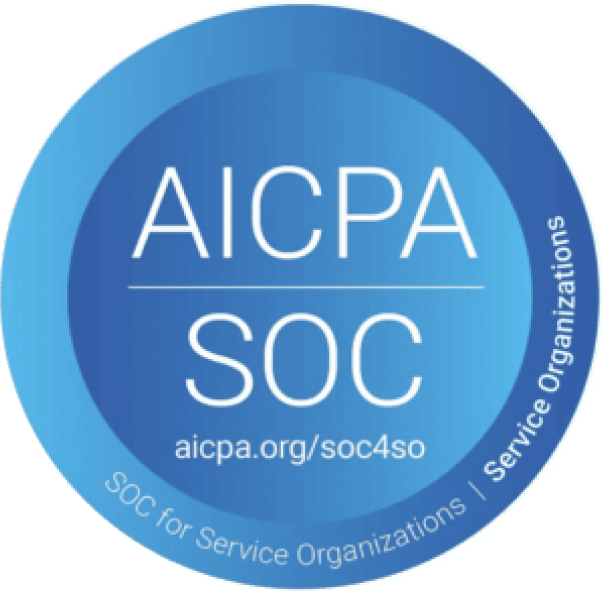Event marketing is a powerful tool for building brand awareness, generating leads, and driving sales. But with so many different types of events and marketing channels to choose from, it can be overwhelming to plan and execute a successful campaign.
That’s why we’ve compiled this ultimate guide to help event marketers navigate the ever-changing landscape and stay ahead of the game. In this article, we’ll explore the 5 strategies event marketers can’t afford to miss, from identifying your target audience to measuring your event’s success.
Different types of event you could be marketing
There are many different types of events you can leverage, depending on your goals and target audience. Some popular choices include:
- Conferences and trade shows: Ideal for B2B marketing and thought leadership
- Nonprofit events: Ideal for promoting social causes and building community
- Pop-up shop events: Ideal for testing new products and driving foot traffic
- Webinars and virtual events: Ideal for reaching a global audience and generating leads
Selecting the right type of event for your brand and audience is key to achieving your desired outcomes.
What are the strategies Event Marketers should know about?
Identifying your target audience
As an event marketer knowing your target audience is key. Start by conducting thorough market research to identify their demographics, interests, and pain points. This will allow you to tailor your messaging and design your event experience to resonate with them.
Create buyer personas to humanize and understand your audience on a deeper level. By segmenting your audience based on preferences and behaviors, you can deliver personalized experiences that truly speak to their needs and desires.
Setting clear goals and objectives
Before diving into any event marketing campaign, it’s crucial for every event marketer to set clear goals and objectives. Define what you want to achieve with your event – whether it’s generating leads, increasing brand awareness, or driving sales.
Make your goals SMART (specific, measurable, attainable, relevant, and time-bound) to stay focused and purposeful. Break down your goals into smaller, actionable objectives to track progress along the way. Regularly review and adapt your goals as needed to stay agile in the ever-changing event landscape.

Creating compelling event content and messaging
In the digital age, content is king, and event marketing is no exception. Craft a strong event tagline or slogan that communicates the value proposition of your event. Develop a content marketing strategy that includes blog posts, social media content, videos, and email campaigns.
Each piece of content should educate, entertain, or inspire your audience while promoting your event. Optimize your content for search engines by incorporating relevant keywords naturally. Use storytelling to captivate your audience and differentiate yourself from the competition.
Utilizing social media and online promotion
Social media has revolutionized the way we connect and engage with our audience, making it an indispensable tool for event marketers. Identify the platforms that resonate most with your target audience, such as Facebook, Twitter, LinkedIn, or Instagram.
Develop a social media strategy that aligns with your event goals. Mix up your content with promotional posts, industry news, behind-the-scenes footage, and user-generated content to keep things interesting. Consider running paid advertising campaigns to maximize reach and experiment with different ad formats.
Engage with your audience on social media to build a community around your event and create brand advocates.
Leveraging partnerships and collaborations

Collaboration is a powerful tool for event marketers, allowing you to tap into new audiences and resources. Look for opportunities to partner with like-minded brands, industry influencers, or local organizations that share a similar target audience or brand values.
Clearly outline the mutual benefits of collaboration and consider co-hosting webinars, sponsoring sessions, or cross-promoting events. Reach out to industry influencers or thought leaders for endorsements and wider visibility. Think outside the box and explore collaborations with local businesses, charities, or community organizations to extend your event’s reach and tap into new networks.
Event marketers and their planning (aka "how to do event marketing")
We spoke about the 5 key strategies that should be a part of your event marketing plan.
But planning and executing a successful event marketing campaign requires careful attention to detail and a deep understanding of your target audience.
Every event marketer needs to take several key steps to stay at the top-of the marketing game:
Before the event:
- Define your event goals and objectives (e.g. generating leads, increasing brand awareness, driving sales)
- Identify your target audience and create buyer personas
- Select the right type of event for your goals and audience
- Choose a venue and date that align with your brand and audience
- Create compelling event content and messaging that resonates with your audience
- Utilize social media and online promotion to reach a wider audience
- Leverage partnerships and collaborations to tap into new networks and resources
During the event:
- Provide a seamless and memorable event experience for attendees
- Encourage engagement and interaction through gamification, contests, and giveaways
- Capture attendee data for future marketing efforts
- Monitor attendance and engagement rates to identify areas for improvement
After the event:
- Follow up with attendees and convert leads into customers or supporters
- Measure your event success using relevant metrics (e.g. attendee satisfaction, social media engagements, purchases and donations)
- Conduct post-event surveys to gather feedback and insights
- Identify opportunities for improvement and create benchmarks for future events
- Extend the life of your event content through repurposing and distribution
By breaking down your event marketing plan into these key steps, you can stay organized and focused on achieving your goals.
Measuring your event's success is key for event marketers
Last but not the least. Measuring the success of your event marketing campaign is crucial for evaluating your ROI and improving future events. There are several metrics you can use:
- Post-event surveys: These can help you gather feedback on event logistics, content, and overall satisfaction
- Attendee satisfaction: Measures how satisfied attendees were with their experience and their likelihood of attending again or recommending to others
- Net promoter score: Measures how likely attendees are to promote your event or brand to others
- Opportunities for improvement: Identifies areas where you can improve your event experience and better meet attendee needs
- Attendance and engagement rate: Measures how many people attended your event and how engaged they were with your content
- Social media engagements: Measures how many people engaged with your event content on social media
- Purchases and donations: Measures how many sales or donations were generated as a result of your event
By analyzing these metrics, you can gain valuable insights into your audience and your event marketing performance. Use this information to refine your strategies and improve future events.
For event marketers, securing a win is important
Event marketing is a highly competitive industry, but by staying on top of emerging trends and leveraging the power of technology, you can unlock new opportunities for success. Consider experimenting with virtual and augmented reality, live streaming, and interactive or experiential marketing to create immersive and engaging event experiences.
Use data analytics and AI to optimize your strategies as an Event Marketer and improve targeting and personalization. By embracing new technologies and innovations, you can stand out from the crowd and achieve your event marketing goals.
